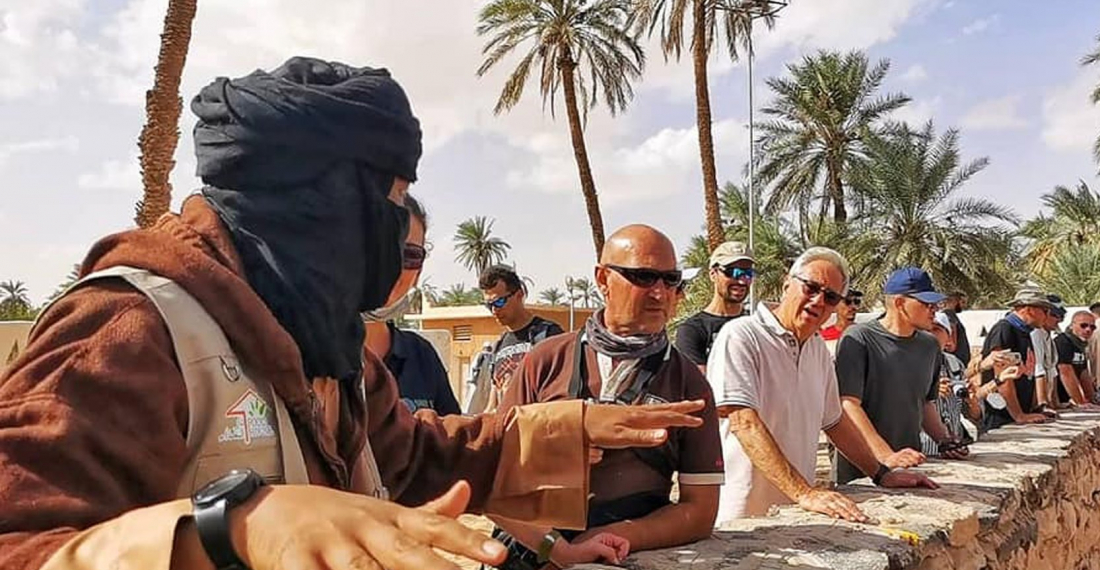- Armenia-Azerbaijan Strategic Expert Platform: Members emphasise the importance of the present moment for the South Caucasus and call for the momentum to be used for the long-term peace and prosperity of the region
- Thursday Interview: Dr. Anar Valiyev
- Food insecurity in Somalia has nearly doubled in the past year
- Türkiye evaluating potential measures in case of a US-Iran conflict
- European Parliament reaffirms support for Ukraine and EU Path
- EU moves ahead with Ukraine loan preparations despite Hungarian block

Libya welcomed its first batch of international tourist groups after a decade of conflict. The group traversed the Libyan desert to Ghadames, an oasis that had been off-limits due to the war.
French traveller Jean-Paul, who also visited Libya before the war said that the country was magnificent with “extraordinary scenery and very welcoming people”.
The trip, which welcomed 100 tourists from various European countries, was possible due to the one year of relative calm after the October 2020 ceasefire. Ali al-Kouba, director of the Murcia Travel and Tourism Company, which is organising the trip, said that efforts lasted months to prepare for the trip in cooperation with the Ministry of Tourism and Handicrafts.
Al-Kouba says he wants to “break the wall of fear” for foreigners wanting to visit the vast Libyan Sahara and challenge the idea that Libya is “a country in decline”.
Ghadames, known as the ‘pearl of the desert’ is located some 650 kilometres south of the capital Tripoli close to the Tunisian border. It is famous for its white buildings and palm trees which constitute a UNESCO-listed oasis city that was a key stop on Saharan trade routes.
Tourism has only been a tiny fraction of the Libyan economy but has relatively increased since the 2000s when the Qaddafi regime mended ties with the outside world that lifted a flight ban.








